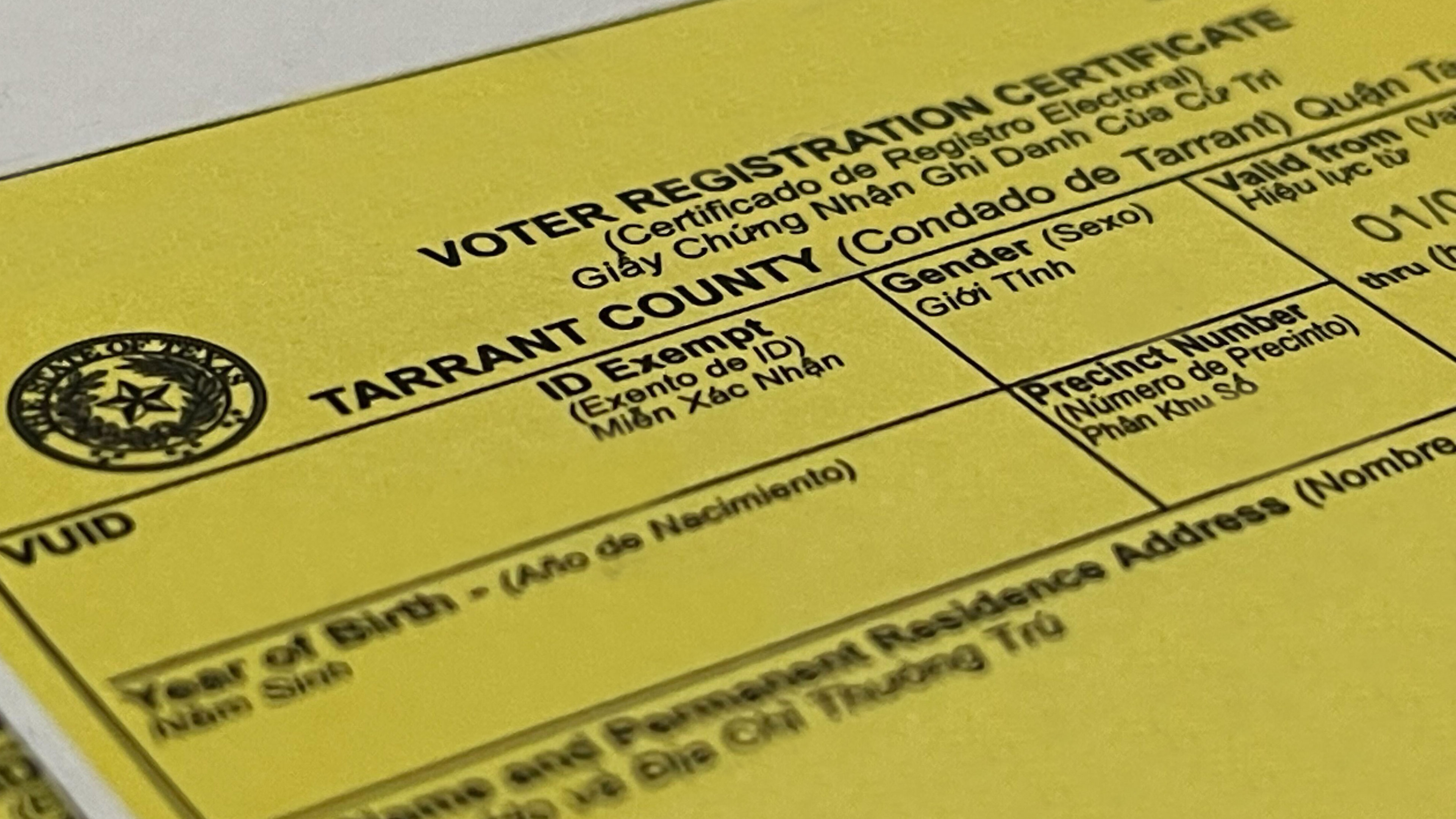A growing number of people are attempting to pass their pet off as a trained service animal, according to multiple sources.
A growing number of people are attempting to pass their pet off as a trained service animal, according to multiple sources.
A representative for the Southwest ADA Center, the Southwest's leading resource on the Americans with Disabilities Act and related disability rights laws, said calls of that nature have “increased dramatically” within the last three years.
ADA Human Resources Educator and Technical Assistance Director Diego Demaya told NBC DFW many of those calls appear to originate from veterans who have emotional disorders. Demaya added he is certain that many of the people who call for advice have no legitimate need for a service animal.
That is not news to 26-year-old Jessica Naert, of Denton. Naert, who is legally blind, relies greatly upon the services of her guide dog, Makiko.
Naert said she has been asked to leave businesses no fewer than ten times in recent years, with representatives telling her it is because they have seen so many people try to pass off their unruly pets as properly-trained animals.
“I most definitely understand the business’s perspective on this,” Naert said. “And I think they’re having as much of a problem as people with disabilities with legitimate service dogs are.”
There are many reasons why one might seek to benefit from having a service dog. For example, many airlines will allow a pet to fly for free and ride with the passenger if they present a doctor's note claiming the animal is for emotional support. In addition, some hotels will allow pets to stay for free under similar circumstances.
Local
The latest news from around North Texas.
“I think that there have to be some steps that are made before this gets better. And I don’t know exactly what all those steps are,” Naert noted. “But I know that something has to be done. And it’s probably going to get worse before it gets better.”
Part of the problem is with online sales of “service dog harnesses” and “service dog certifications” it is exceedingly easy to commit this kind of fraud, which is a misdemeanor in Texas, according to the Texas Department of Assistive and Rehabilitative Services:
An animal that provides only comfort or emotional support is not considered a service animal. Further, in accordance with Human Resources Code Section 121.006(a), a person who uses a service animal with a harness or leash normally used by people with disabilities who use service animals, in order to represent the animal as a trained service animal when in fact the animal is not a trained service animal, is guilty of a misdemeanor, and if found guilty, will be punished by a fine of not more than $300 and 30 hours of community service.
Naert noted that given the ability to fake a service dog’s outfit and paperwork, the best way to discern the difference is in observation.
“There is no real way to tell visibly if she is a legitimate service animal or not by her vest. The way that you can usually tell a service dog for a person with a disability as opposed to a fake service dog is their behavior,” she said. “Makiko is never going to bark in a restaurant. She’s not going to urinate. She’s going to stay exactly with me.”
Complicating matters further for representatives from businesses concerned about the legitimacy of a purported service dog is that only limited inquiries are allowed, according to standards set forth by the Americans with Disabilities Act.
There are two questions that staff may ask: (1) is the dog a service animal required because of a disability? And, (2) what work or task has the dog been trained to perform?
Staff cannot ask about the person’s disability, require medical documentation, require a special identification card or training documentation for the dog, or ask that the dog demonstrate its ability to perform the work or task, per the ADA.



